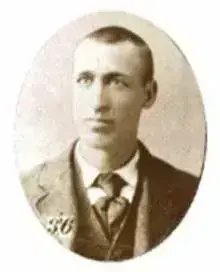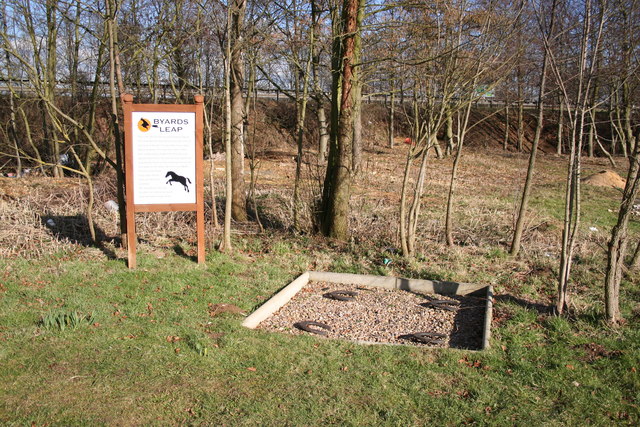Casey Jones

Casey Jones (March 14, 1863 – April 30, 1900) was an American railroad engineer known for his heroic death while preventing a major train collision in Vaughan, Mississippi. As a locomotive engineer for the Illinois Central Railroad, he worked routes between Memphis, Tennessee, and Jackson, Mississippi, building a reputation for maintaining precise schedules.
On the night of April 29-30, 1900, Jones took on an extra shift before his regular southbound passenger run from Memphis to Canton. Though departing 75 minutes behind schedule, he was determined to make up time with his powerful "Cannonball" Engine No. 382. The nickname "Cannonball" later inspired the term "Cannonball Run," famously associated with Erwin Baker's cross-country adventures.
Near Vaughan, Jones encountered an unexpected danger: three trains at the station, including a stalled freight train blocking his track. Whether a flagman's warning was obscured by fog or a curve remains debated. However, Jones's quick action in slowing the train saved his passengers while costing him his life. His sacrifice inspired the famous folk song "The Ballad of Casey Jones," cementing his place in American railroad history.


